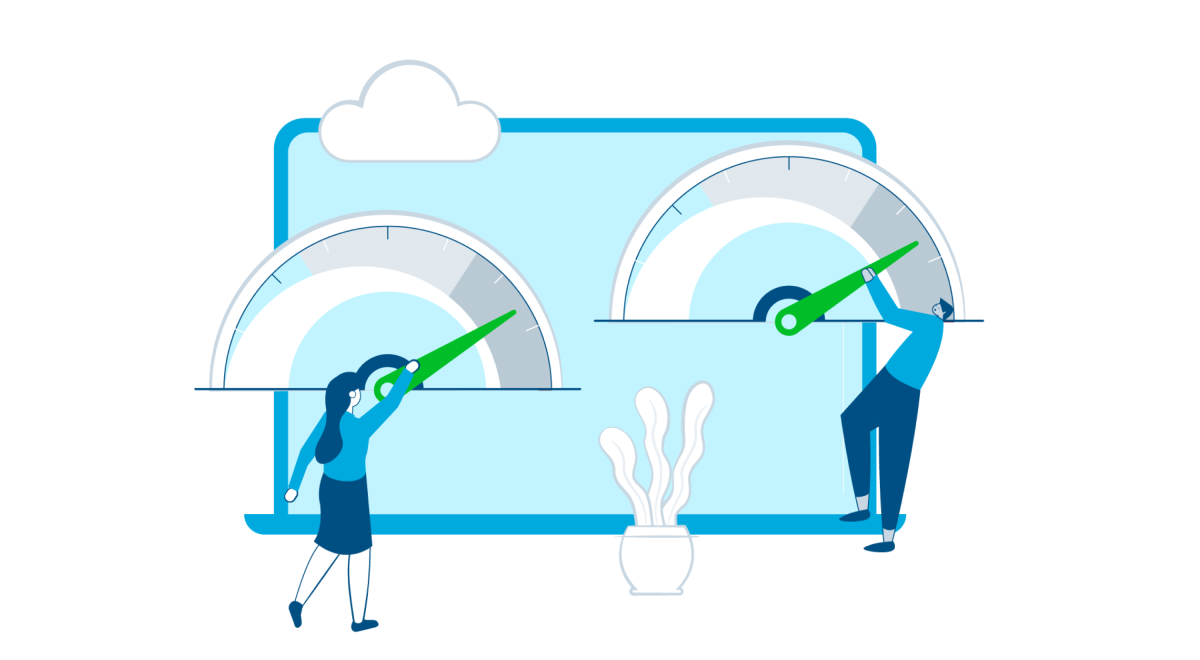Accelerate Your WordPress Website: Essential Tips for Speed Optimization
August 27, 2023

Accelerate Your WordPress Website: Essential Tips for speed optimization
Introduction:
As technology advances and internet users become more demanding, the need for a fast and responsive website has never been more crucial. When it comes to WordPress websites, speed optimization plays a significant role in improving user experience, search engine rankings, and ultimately the success of your online business. In this article, we will discuss some essential tips to help you accelerate your WordPress website and provide a seamless browsing experience for your visitors.
1. Choose a Fast and Reliable Hosting Provider:
One of the most critical factors influencing your website’s speed is the Hosting provider you choose. Opt for a reputable Hosting company that specializes in WordPress Hosting. Look for features like SSD storage, Content Delivery Network (CDN) integration, and server-level caching to ensure faster loading times. Shared Hosting might be cost-effective, but it can slow down your website due to resource sharing with other websites on the same server.
2. Optimize Images:
Images not only enhance the visual appeal of your website but can also greatly impact its loading speed. Ensure your images are properly optimized before uploading them to your WordPress site. Use image compression tools such as TinyPNG or WP Smush to reduce file sizes without compromising quality. Additionally, implement lazy loading, which allows images to load only when they become visible to the user as they scroll down the page.
3. Minify CSS and JavaScript Files:
Large CSS and JavaScript files can significantly increase your website’s loading time. Minifying these files involves removing unnecessary characters, spaces, and line breaks, reducing their file size. Several WordPress plugins, like Autoptimize and W3 Total Cache, can automatically minify CSS and JavaScript files, improving your site’s performance.
4. Utilize Caching:
Caching temporarily stores data to provide quicker access to frequently accessed files. Utilizing caching plugins like WP Rocket or W3 Total Cache can drastically enhance the speed of your WordPress website. These plugins generate static HTML pages of your site, reducing the need for database queries and dynamic content generation for every user.
5. Enable Gzip Compression:
Gzip compression reduces the size of your website files, making them much smaller and quicker to transfer to a user’s browser. Enabling Gzip compression can be done through your Hosting provider or by adding code snippets to your .htaccess file. Smaller file sizes result in reduced bandwidth usage and faster site loading times.
6. Optimize Database:
Your WordPress database can become cluttered over time, affecting website performance. Regularly optimize your database by removing unnecessary data, cleaning up drafts, post revisions, spam comments, and expired transients. Reputable plugins such as WP-Optimize or WP Sweep can help automate this process, ensuring your website runs smoothly.
7. Use a Content Delivery Network (CDN):
A CDN stores your website’s static files on multiple servers worldwide and serves them to users based on their location. Implementing a CDN can dramatically reduce the time required for data to travel from the server to the user’s browser, resulting in faster loading times. Popular CDN providers like Cloudflare or MaxCDN can significantly boost your site’s performance.
8. Remove Unnecessary Plugins and Themes:
Although plugins and themes offer various functionalities, having too many of them can negatively impact your website’s speed. Regularly review and remove any unnecessary plugins or themes that you no longer use. Only retain essential plugins that serve a purpose and delete any that may slow down your WordPress site.
9. Choose a Lightweight Theme:
Selecting a lightweight and optimized theme is vital in speed optimization. Avoid themes that are filled with excessive features, sliders, and animations as they tend to be resource-intensive. Opt for a clean and minimalistic theme that prioritizes speed, responsiveness, and usability.
10. Frequently Update WordPress, Plugins, and Themes:
Ensure your WordPress core, plugins, and themes are up to date. Developers consistently release updates, often including performance enhancements and bug fixes. Regularly updating your WordPress site ensures you have access to the latest features, security patches, and optimization improvements.
FAQs:
Q1. Will implementing these speed optimization tips affect the functionality of my website?
A1. No, implementing these tips should not affect the functionality of your website. In fact, optimizing your site’s speed will likely improve its performance and user experience.
Q2. How can I test the speed of my WordPress website?
A2. You can use various free speed testing tools like Google PageSpeed Insights, GTmetrix, or Pingdom. These tools provide valuable insights into your website’s speed and suggest areas for improvement.
Q3. Can I use multiple caching plugins simultaneously?
A3. It is not recommended to use multiple caching plugins simultaneously as they might conflict with each other and cause unexpected performance issues. Stick to using one reliable caching plugin.
Q4. What if I am not comfortable implementing these optimization techniques myself?
A4. If you are not comfortable implementing these optimization techniques yourself, you can always seek the assistance of a professional WordPress developer or hire a managed WordPress Hosting provider that offers optimization services.
Conclusion:
In an increasingly digital world, a fast and efficient website has become a necessity. speed optimization practices can significantly enhance your WordPress website’s performance, ultimately leading to improved user satisfaction, search engine rankings, and conversion rates. By following the essential tips outlined in this article and seeking the assistance of professionals when needed, you can effectively accelerate your WordPress website and ensure a seamless browsing experience for your visitors.

